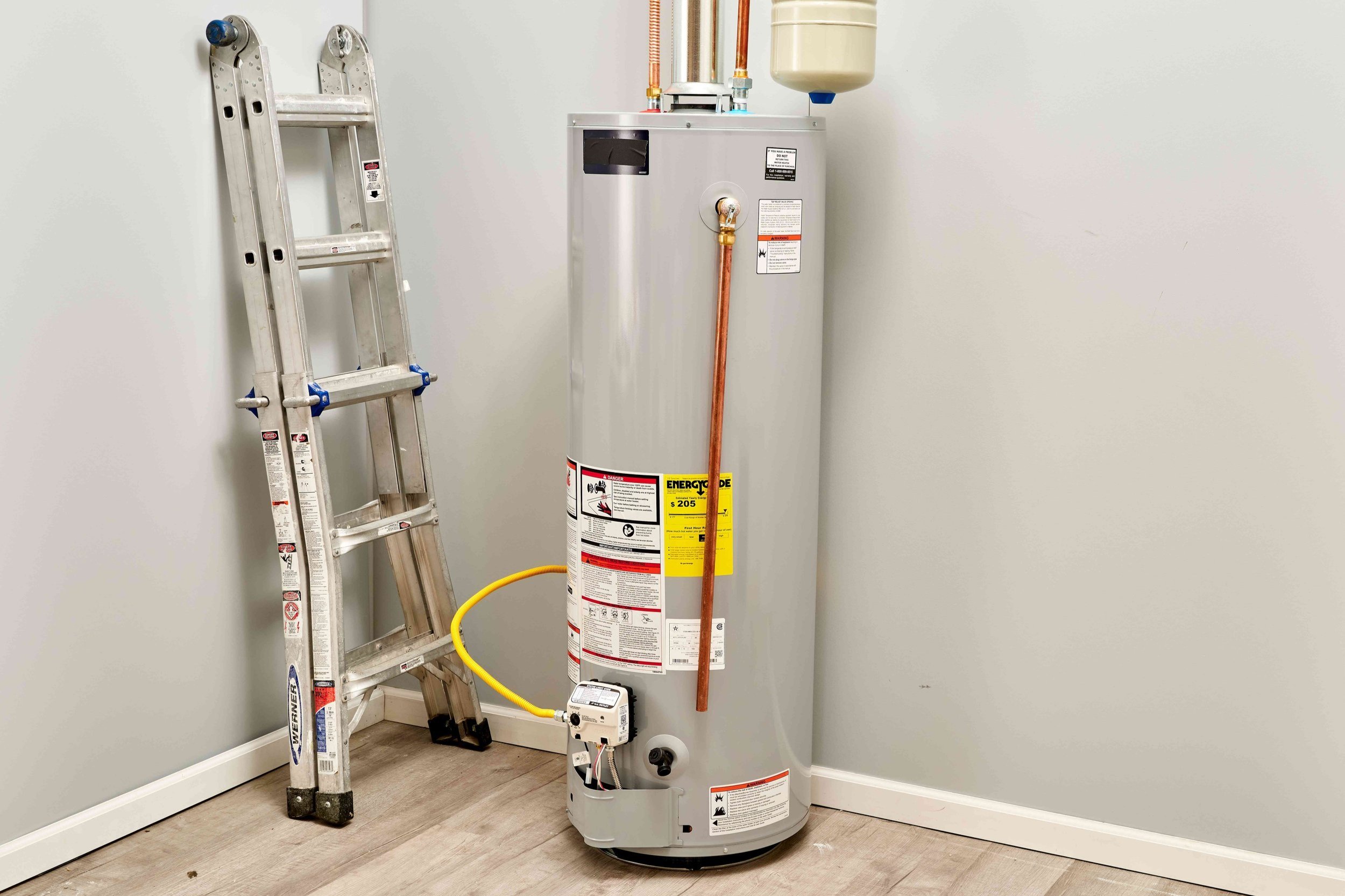Making the Switch: The Pros and Cons of Tankless Water Heaters for Seattle Homes
Seattle homeowners are often seeking ways to improve energy efficiency and reduce utility bills, and one option gaining popularity is the tankless water heater. But is it the right choice for your Seattle home? Let's delve into the advantages and drawbacks of tankless water heaters in the Emerald City.
Pros:
Endless Hot Water: Unlike traditional water heaters that store and heat a limited amount of water, tankless water heaters heat water on demand. This means you'll never run out of hot water, which is particularly beneficial for larger households or homes with high hot water demand.
Space Savings: Tankless water heaters are significantly smaller than traditional tank-style heaters, freeing up valuable space in your utility room or basement. This is especially advantageous in Seattle's older homes, where space can be limited.
Energy Efficiency: Tankless water heaters only heat water when it's needed, eliminating standby heat loss associated with traditional tank-style heaters. This can result in significant energy savings over time, especially in a city like Seattle where residents are environmentally conscious and focused on reducing their carbon footprint.
Longer Lifespan: Tankless water heaters typically have a longer lifespan compared to traditional water heaters, often lasting 20 years or more with proper maintenance. This means fewer replacements and less waste over time, aligning with Seattle's commitment to sustainability.
Cons:
Upfront Cost: While tankless water heaters can save money in the long run, they often have a higher upfront cost compared to traditional water heaters. Seattle homeowners should weigh the initial investment against the potential long-term savings and energy efficiency benefits.
Installation Complexity: Installing a tankless water heater may require modifications to your home's plumbing and electrical systems, especially if you're replacing a traditional water heater. This can add to the overall cost and complexity of the installation process.
Flow Rate Limitations: Tankless water heaters have a maximum flow rate, meaning they may struggle to keep up with simultaneous hot water demands in larger households. Proper sizing and consideration of peak usage times are essential to ensure adequate hot water supply.
Cold Weather Performance: In colder climates like Seattle, incoming water temperatures can be lower, which may affect the performance of tankless water heaters. Additional insulation or a larger unit may be necessary to compensate for colder incoming water.
Conclusion:
In conclusion, tankless water heaters offer numerous benefits for Seattle homeowners, including energy efficiency, space savings, and endless hot water. However, they come with a higher upfront cost and installation complexity. Before making the switch, it's essential to consider your household's hot water needs, budget, and long-term goals. Consulting with a professional plumber, like Jim Dandy Sewer and Plumbing, can help you make an informed decision and ensure a seamless installation process tailored to your Seattle home's specific requirements.

